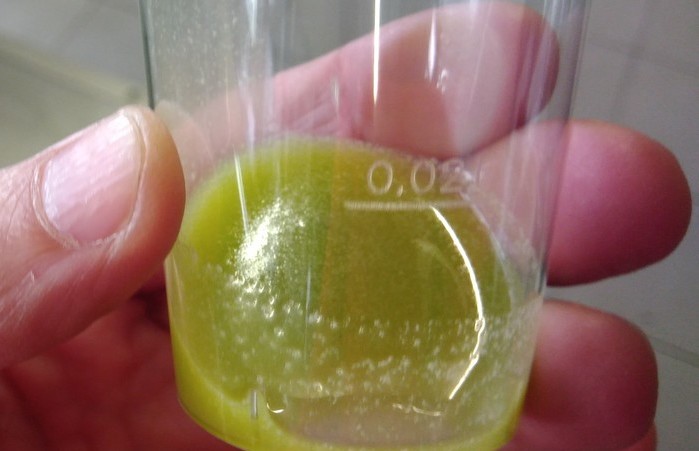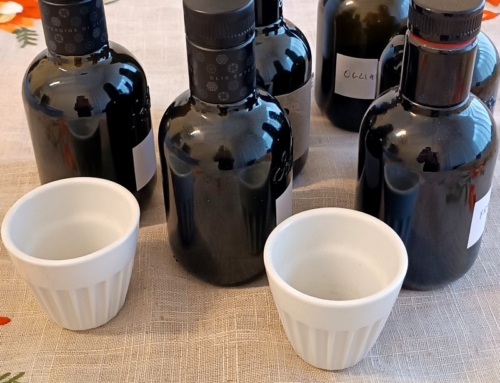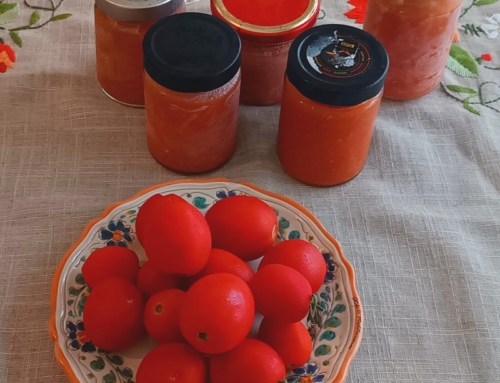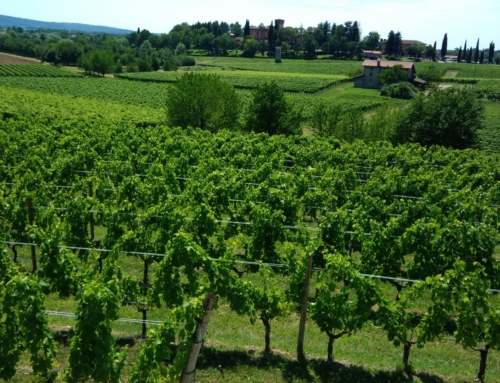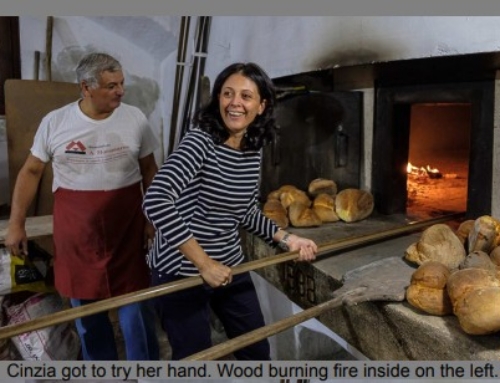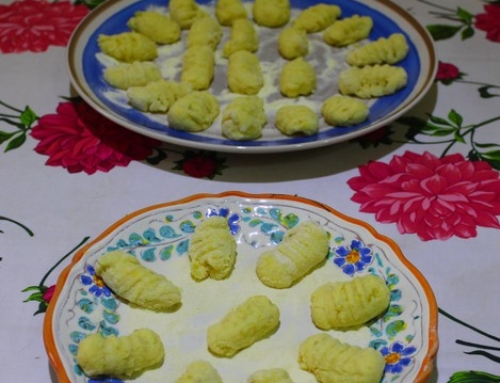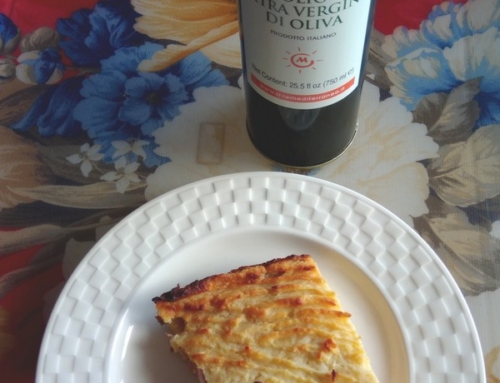More and more studies show that extra virgin olive oils rich in phenolic compounds (polyphenols / antioxidants) are anti-inflammatory, good for the gut, beneficial for the heart, and may be helpful in the prevention of certain cancers, including those of the lung, prostate, colon and breast.
Studies also show that thanks to its phenolic compounds / antioxidants, extra-virgin olive oil is good for the brain since it may attenuate oxidative stress and exert neuroprotective function.
BTW this may explain why since I turned 50 and I keep using our super-rich-in-antioxidants EVOOs, I feel my brain has turned 20 years younger. AHAHAH!
However, as I wrote in my last newsletter, due to intensive farming, today’s food and extra virgin olive oils are less nutritious in terms of phenolic compounds (antioxidants/polyphenols) and Vitamins than a generation ago.
(let me know if you haven’t received that newsletter and I’ll forward it to you).
So how do we make sure that the extra virgin olive oils we buy are rich enough in antioxidants?
My goal is to empower all of you to make conscious and healthy food choices.
Therefore, I put together the following guidelines that you can follow in order to detect the antioxidants content in any extra virgin olive oil. I hope this is helpful.
Please feel free to share them with your friends!
First of all, it’s important to know that the fact that an olive oil is labeled as Extra Virgin does NOT guarantee that it has lots of antioxidants.
Some EVOOs have very little!
Moreover, not all EVOOs have the same amount of antioxidants.
The antioxidants content varies based on so many different factors: i.e. the variety of olive used; time of the harvest etc.
In Italy we have more than 500 varieties of olives and each has different antioxidants content.
Also, there is no legal obligation to write the antioxidants content on the label.
Here are 5 guidelines you can follow:
1)ONLY Trust Yourself!
Use your senses and go through the organoleptic test with your nose and palate to see if the olive oil has specific “reactions” in your palate and throat.
2)Buy olive oil from a variety of olives that is naturally richer in antioxidants.
For example, Coratina olive (the one we use for both Equilibrium and Green Season EVOOs) is the richest in antioxidants in the world.
The name Coratina comes from Corato, a town in Puglia.
There are varieties of olives from other Italian regions or other countries that have very little antioxidants to start with (and then after you open the bottle, those antioxidants are lost in a few days).
You can usually find out the name of the olive variety by going to the producer’s website.
3)Buy olive oil from a variety of olive that is not used by producers who do intensive farming.
Coratina olive cannot be used for intensive farming plantations because its yield would be too low
At the moment, olives such as Arbequina, Arbosana, Koroneiki are used by intensive farmers.
When you buy a very cheap EVOO, very likely it comes from the Arbequina variety.
4) Never buy EVOO sold in a plastic bottle.
Very likely that olive oil does not have antioxidants and very likely it has absorbed the petroleum from the plastic container.
5) The last and most important criteria is to buy from a producer or a company that sends its EVOOs to the laboratory and checks the results for each specific antioxidant.
Very few companies do it, because the laboratory results are expensive.
EVOOs have about 30 different phenolic compounds / antioxidants!
The most important phenolic compounds / antioxidants in olive oil are:
–Oleuropein: which may prevent breast cancer, among the other diseases
–Hydroxytyrosol: which prevents neurodegenerative diseases.
I follow the above (and many more) guidelines and only use Coratina olive. I do the organoleptic test, and I do get the analysis results for each antioxidant / phenolic compound.
Whomever you buy your EVOOs from, make sure you follow at least 1,3,4 and 5.
Starting from next week, I’ll be providing a 4 week virtual group workshop where I teach you how to select foods rich in antioxidants and I’ll share info on how to cook in a way that they don’t get lost and how the Mediterranean diet really works (not just the food component, but also the lifestyle part, which is not simply about exercising and having social meals).
The workshop is for a group of 10 people and includes 4 one hour sessions (one of which is an ask-me-anything session).
Please send me an email if this is of interest and I’ll send you more details
